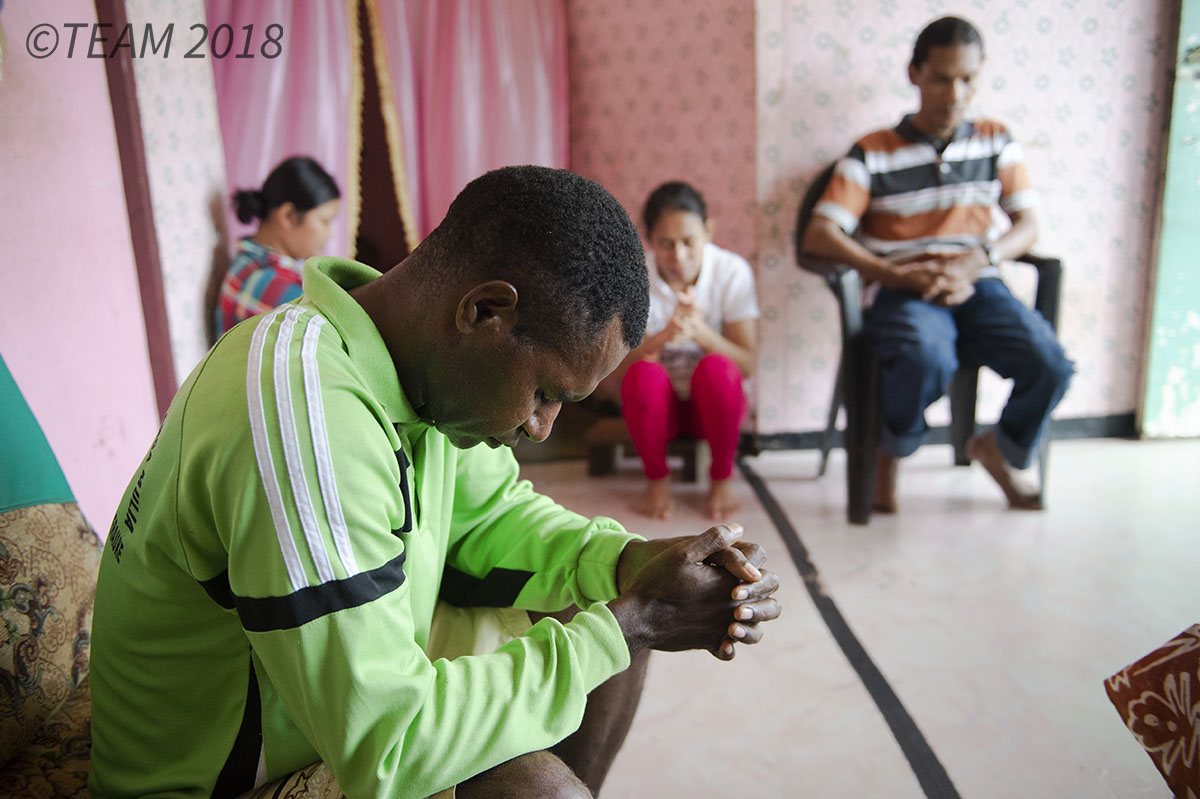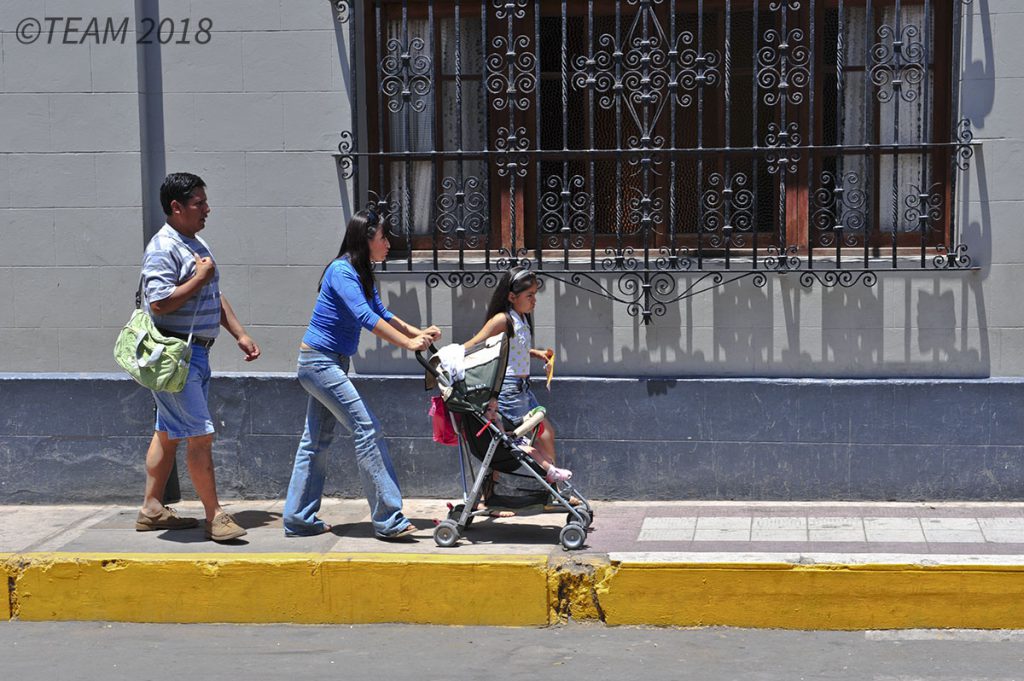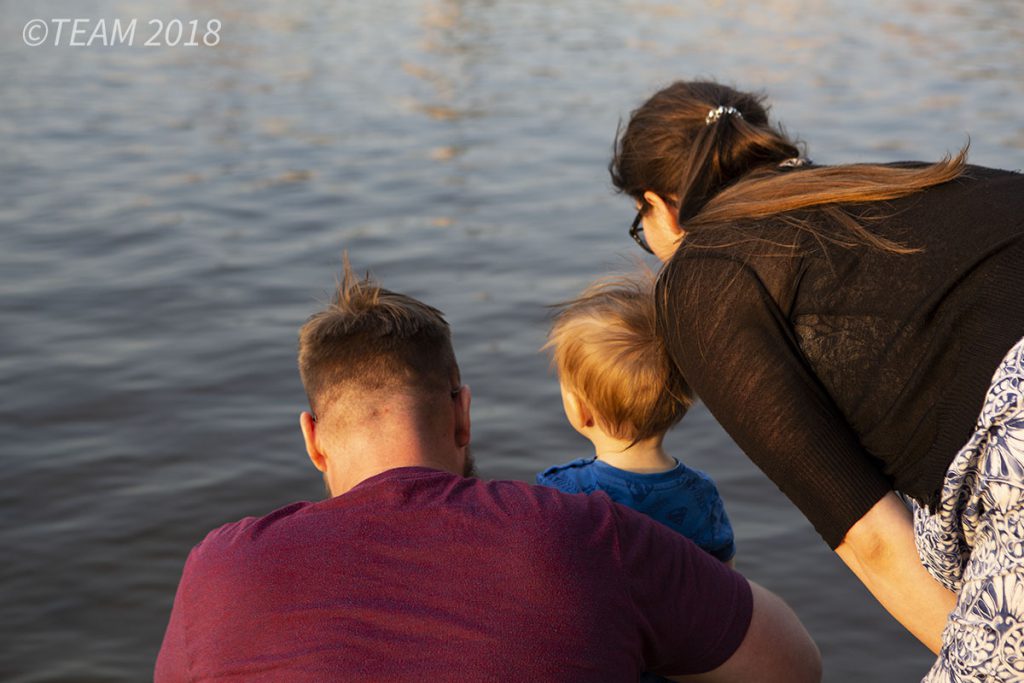
Missionary Life
When Does Sacrifice Become Neglect?
September 12, 2019
by Mark Watson

Today’s blog post comes from a TEAM missionary working in the Middle East. For his safety, we have kept his name and location private.
When we arrived on the mission field, we expected to see an attitude of intentional self-sacrifice. I want that attitude in missionaries I support personally, and churches want that in us. Jesus apparently wanted that, too, or He wouldn’t ask Christians to carry their cross.
But we all know that it’s really the missionaries who are supposed to do that a little bit more than everyone else. It’s a role prescribed for missions workers. And we were just as guilty of adding pressure to ourselves as any supporting churches and friends ever were.
What we found over many years on the field is that a sacrificial attitude can actually start to manifest itself as being subtle pride over time.
Maybe back home, everyone is comparing each other on the basis of their income or their home. But on the mission field, we couldn’t help but notice we often compared ourselves on the basis of suffering.
During a brutal summer of 110-degree weather, a friend said, “You’re paying $25 per month on water? I’ve never paid more than $8. You guys must be wasting a lot of water showering all the time, or someone is just stealing it from you at night.”
We did get in two or maybe three showers per week — and felt bad about it.
Another friend remarked that he wore the same outfit for 10 days to cut down on laundry water.
When Sacrifice Becomes Real
Sacrifice might not be a big deal when you’re debating shower time, but it really came to a head when things started to get tough on our family in other ways.
Our kids started struggling socially and psychologically, and the sacrificial mentality made it hard to ask colleagues for advice.
One type of friend would say it may be time to depart before a major crisis happened to our family. Previous families in our field had left dealing with kids suffering from panic attacks, bulimia and suicidal tendencies.
One of our leaders said there was no shame in taking the basket over the wall, much like wise Paul did when escaping from Damascus in Acts 9:25. But I noticed when difficult things happened to their own family, they never considered leaving.

Even Paul took a basket over a wall when escaping Damascus. But how do you know when it’s time to escape and when it’s time to dig deeper into your calling?
On the other hand, a different type of friend may remind us of why we were there.
“Didn’t the Lord call you to come here and accept some risk?” “When the going gets tough, don’t you just dig into your calling and trust God more?” “If your kids suffer later, don’t you think that God will take care of them if He really called you to come here?”
I couldn’t disagree with any of those assertions necessarily. Yet, it brought up that there was an annoying spectrum between the sovereignty of God and the responsibility of man.
Neglecting Family in the Name of God
One morning, I was reading Mark 7 when all these ideas came together for me in a new way. In verses 11–13, Jesus describes the situation of a man who had a responsibility to care for his parents:
“But you say it is all right for people to say to their parents, ‘Sorry, I can’t help you. For I have vowed to give to God (corban) what I would have given to you.’ In this way, you let them disregard their needy parents. And so you cancel the word of God in order to hand down your own tradition.”
Whatever he could have given to help his parents, the man in the passage gives it up in the name of “sacrifice” to God.
The Greek word used directly in many translations of this passage is “corban.” It’s the exact same word we use in Arabic to denote making a sacrifice.
As a result of this man calling what he gave a corban or sacrifice to the Lord (we don’t know whether he means time, money or work), he now feels no obligation to carry out his duty toward his parents. God will take care of them.
Jesus says that a man like this stands condemned because he put the traditions of men over the natural responsibilities he has for his family.

Being a missionary means sacrifice. But it’s important to recognize when sacrifice in the name of God is actually becoming neglect of your family.
Choosing Obedience Over Sacrifice
I was extremely convicted as I read this passage with new eyes towards my situation. I actually asked several pastors if I could even interpret the passage in this way, while feeling that it had hit me right between the eyes.
The easiest thing for me was to stay in my same situation. I enjoyed our work and ministry.
But I came back to this new conviction every time I assessed our future plans. I could no longer play the sacrifice-for-God (get-out-of-jail-free) card without feeling guilt and concern for my family’s needs. After many months of discussion and prayer with my wife, we realized it was time to go home.
A year of transition later, we’re still trying to find our feet.
There has been a lot of grieving for the foreign world we just left and for the home world we left several years ago that we’ll never get back. We know God is good and feel He still may have some distant radical calling in our future as a couple. But for now, we feel affirmed that we made the right decision.
We’re getting our kids and ourselves what we’ve needed for a long time: social outlets, academic opportunities, counseling — and daily baths.
We’ve unearthed that we were a lot closer to the brink than we thought. But we’ve also seen that Jesus is a lot more loving and gracious than we ever could have imagined.

